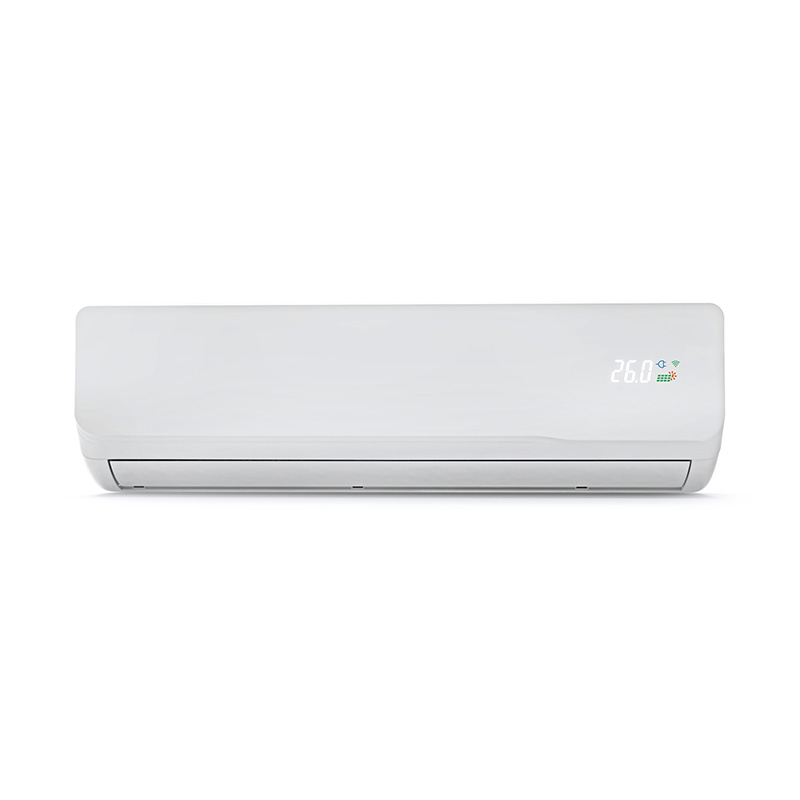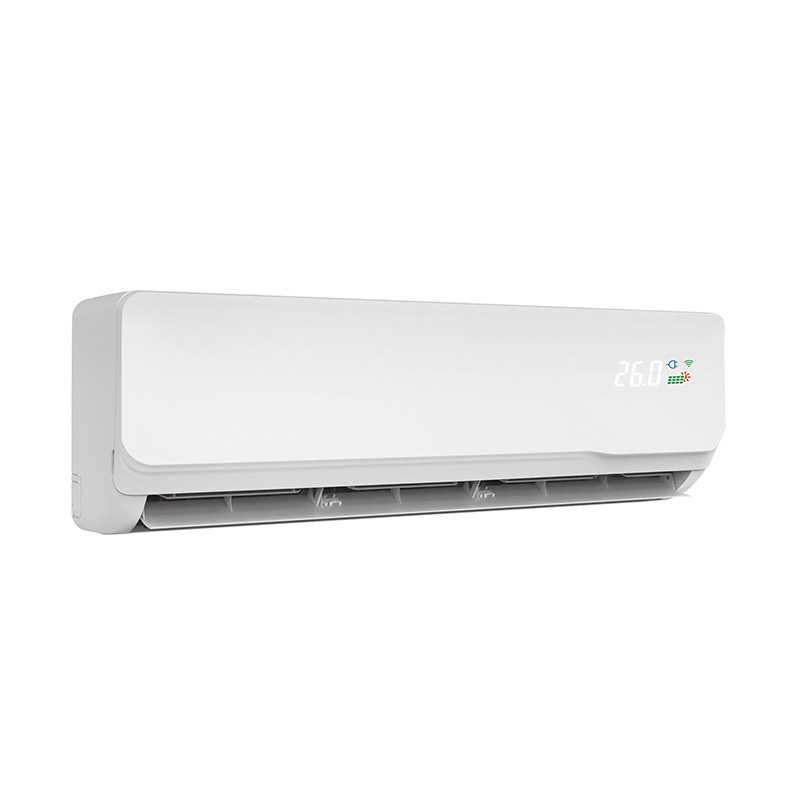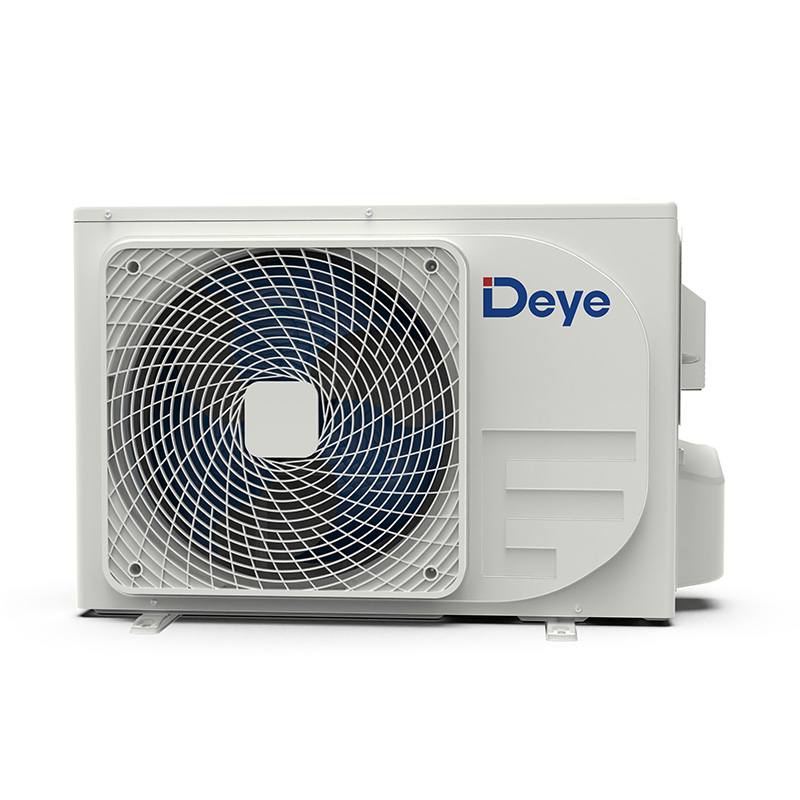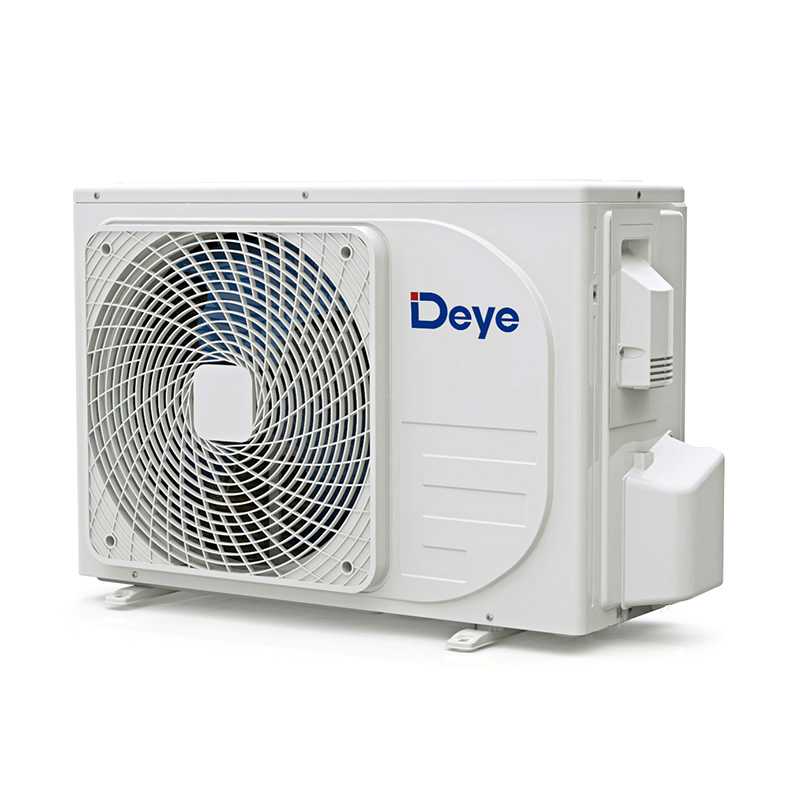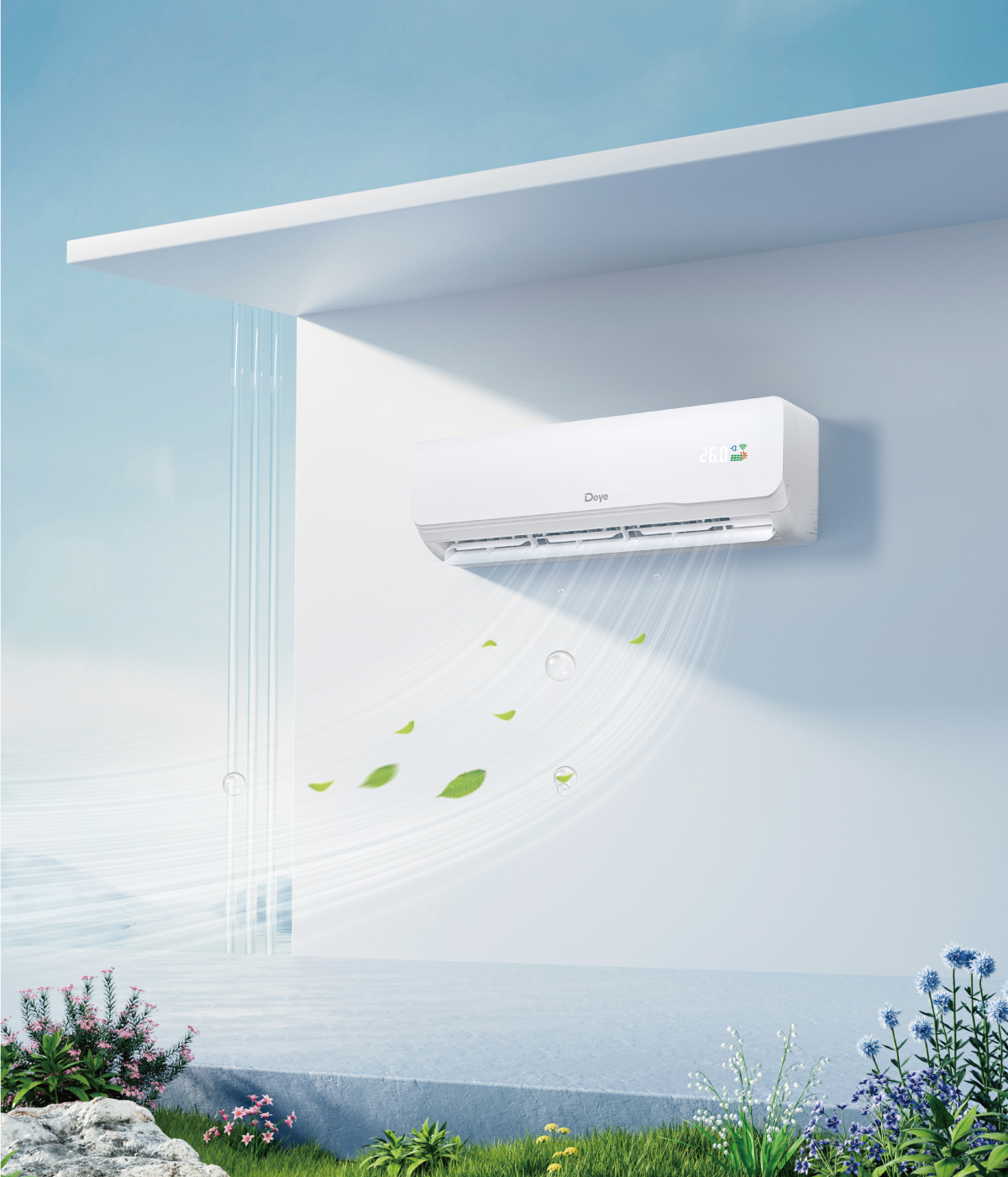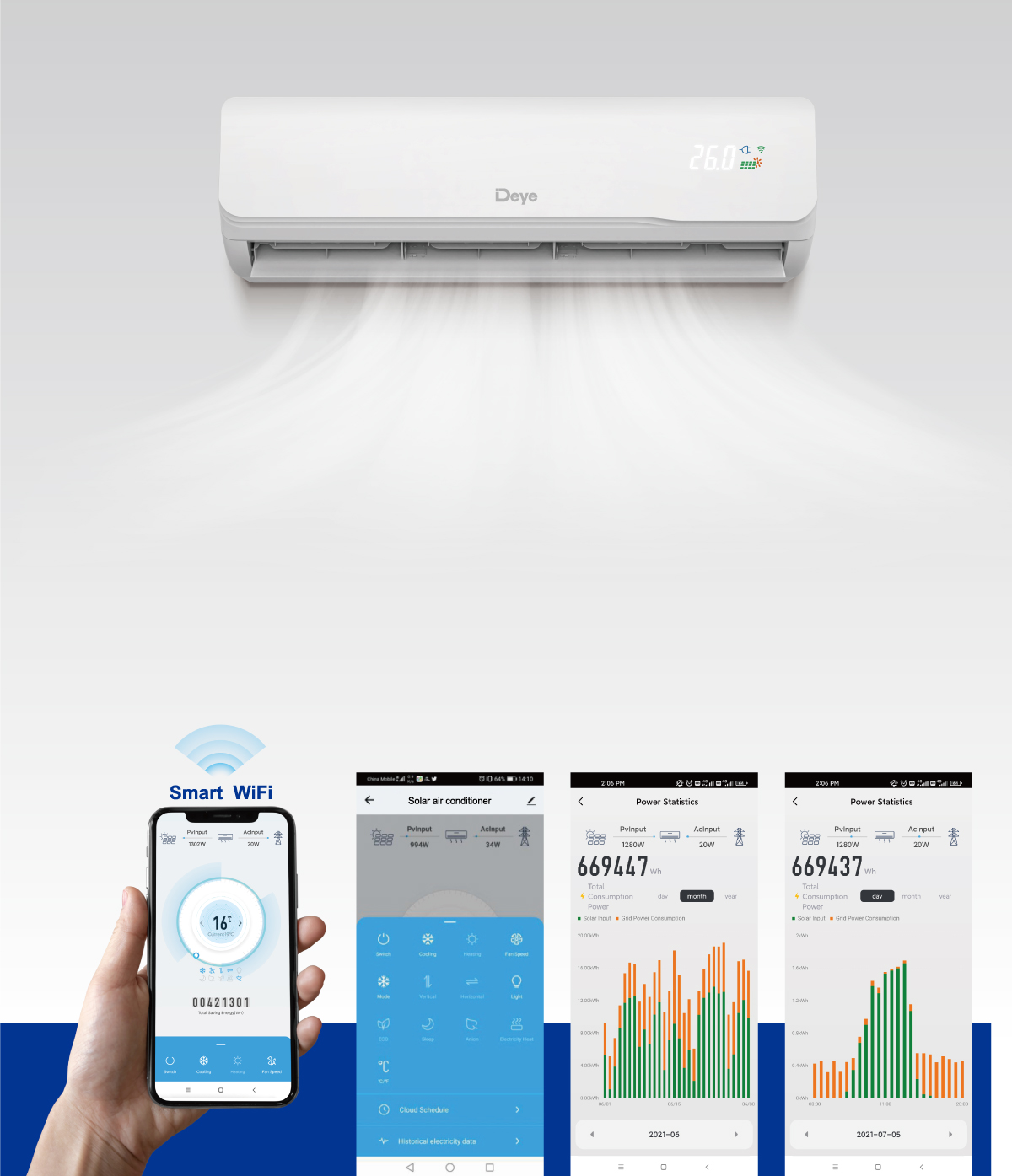Introduction to Wall Mounted Solar AC-Hybrid ACDC R410A/R32
In today’s world, where the effects of climate change and environmental degradation are more pronounced than ever, the need for sustainable solutions in everyday life has become paramount. One such innovation that has gained considerable attention is the Wall Mounted Solar Air Conditioner with Hybrid ACDC technology. These systems are revolutionizing the HVAC (Heating, Ventilation, and Air Conditioning) industry by offering a highly efficient, eco-friendly, and cost-effective alternative to traditional air conditioning solutions. This hybrid technology combines the advantages of solar power with traditional ACDC power sources, offering a unique approach to air conditioning that is both environmentally responsible and economically advantageous.
At the heart of this innovation is the seamless integration of renewable energy sources, specifically solar power, with conventional grid electricity. The
Wall Mounted Solar AC Hybrid ACDC R410A/R32 system takes advantage of solar panels installed on rooftops, which capture sunlight during the day to power the air conditioning unit. This means that during daylight hours, the unit operates primarily on solar energy, reducing the need for electricity from the grid and significantly lowering energy consumption. However, when solar energy is insufficient (for example, during cloudy weather or at night), the unit switches to ACDC power from the grid, ensuring that the cooling or heating process continues without interruption.
The integration of R410A and R32 refrigerants further enhances the environmental performance of these units. Both R410A and R32 refrigerants are known for their low Global Warming Potential (GWP) compared to older refrigerants such as R22, which means they have a significantly lower impact on the environment. This makes the Wall Mounted Solar AC Hybrid ACDC R410A/R32 an excellent choice for those seeking a more sustainable alternative to traditional air conditioning systems that use harmful refrigerants.
The hybrid nature of the system offers a unique advantage—energy savings. By relying on solar energy during the day, homeowners and businesses can reduce their dependence on grid electricity, which translates into lower utility bills. With the hybrid system's ability to automatically switch between solar and grid power based on availability, it ensures optimal energy consumption. This makes the system highly adaptable, able to function effectively in regions with varying levels of sunlight, making it suitable for a wide range of geographical locations and climates.
The significant benefit of the Wall Mounted Solar AC Hybrid ACDC R410A/R32 is the reduction in carbon footprint. By leveraging solar energy, the system reduces greenhouse gas emissions associated with conventional air conditioning units, which rely on electricity generated from fossil fuels. The shift toward solar power not only helps reduce the strain on the energy grid but also contributes to long-term environmental sustainability. This feature is especially important in light of growing concerns over climate change and the urgent need to transition to cleaner, more sustainable energy sources.
Zhejiang Deye HVAC Technology Co., Ltd., a leader in the HVAC industry, plays a vital role in the development and production of these innovative air conditioning systems. Established in 1990, Zhejiang Deye has made significant strides in advancing HVAC technologies, with a focus on energy efficiency, sustainability, and environmental responsibility. As a renowned China Hybrid ACDC Solar Air Conditioner manufacturer, the company specializes in providing solutions that integrate solar power with conventional HVAC systems. Their extensive range of products includes not only hybrid air conditioners but also solar inverters, variable frequency air conditioner controllers, DC solar water pump controllers, heat pump air conditioners, and more. As an established manufacturer,
Zhejiang Deye HVAC Technology Co., Ltd. has built a reputation for quality, innovation, and reliability. The company’s expertise in hybrid air conditioning systems is evident in the Wall Mounted Solar AC Hybrid ACDC R410A/R32, which features cutting-edge technology designed to optimize both performance and energy efficiency. Zhejiang Deye’s focus on research and development has enabled them to remain at the forefront of the HVAC industry, offering high-quality products that meet the demands of modern consumers while addressing the pressing need for sustainable energy solutions.
The Wall Mounted Solar AC Hybrid ACDC R410A/R32 system is a testament to the ongoing evolution of air conditioning technology, with a clear focus on sustainability and energy efficiency. By combining solar power with ACDC technology, this system offers a practical, cost-effective solution for both residential and commercial applications. Whether in homes, offices, or businesses, these systems provide a reliable and environmentally friendly way to maintain comfortable indoor temperatures throughout the year.
Hybrid air conditioners work by drawing energy from two different sources: solar panels and traditional grid electricity. Solar panels, installed on the roof of a home or building, capture sunlight and convert it into electricity. This electricity is then used to power the air conditioning unit during the day, significantly reducing the amount of electricity drawn from the grid. When solar energy is insufficient, the system automatically switches to grid power, ensuring that cooling or heating continues without interruption. This hybrid system has several key benefits. First, it offers significant cost savings. By utilizing solar power, the need for grid electricity is reduced, which can result in substantial reductions in energy bills. Additionally, as the cost of solar panels continues to decrease, the long-term savings associated with installing a hybrid solar air conditioner become even more attractive. Second, hybrid systems contribute to a more sustainable and eco-friendly future. Solar energy is a renewable resource, meaning that it can be harnessed without depleting natural resources or contributing to environmental degradation. By using solar power to supplement traditional grid electricity, hybrid air conditioners help reduce the carbon footprint associated with air conditioning, making them an important part of the broader movement toward cleaner energy solutions.


 Español
Español русский
русский Français
Français Português
Português Deutsch
Deutsch عربى
عربى italiano
italiano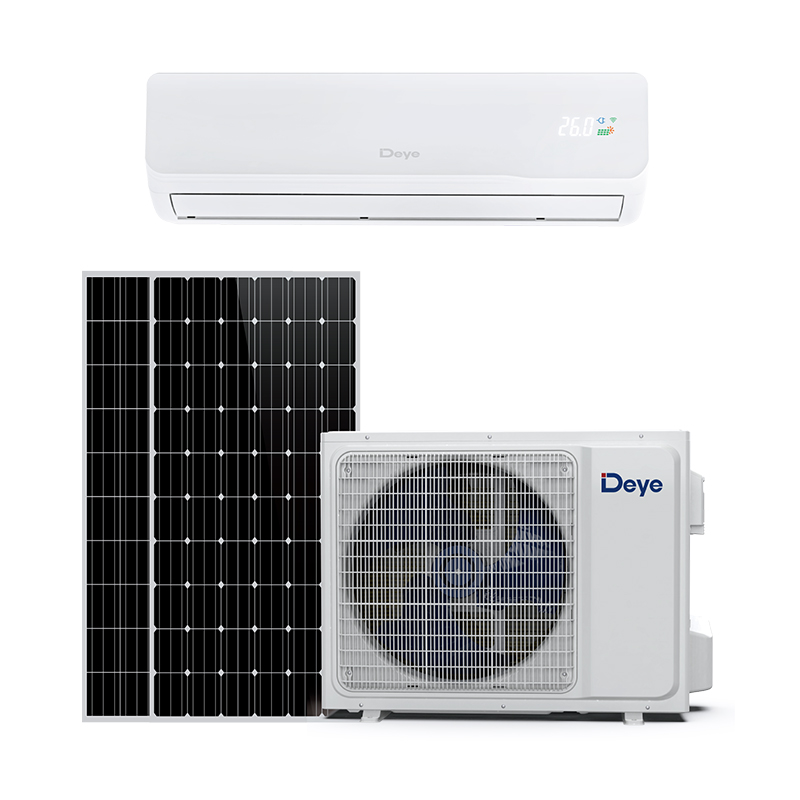
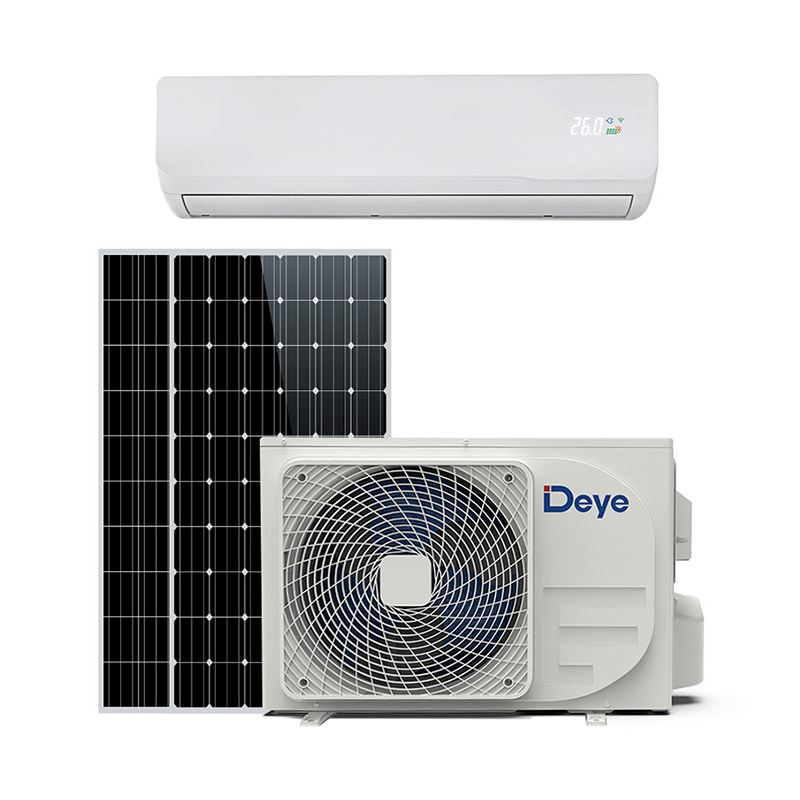
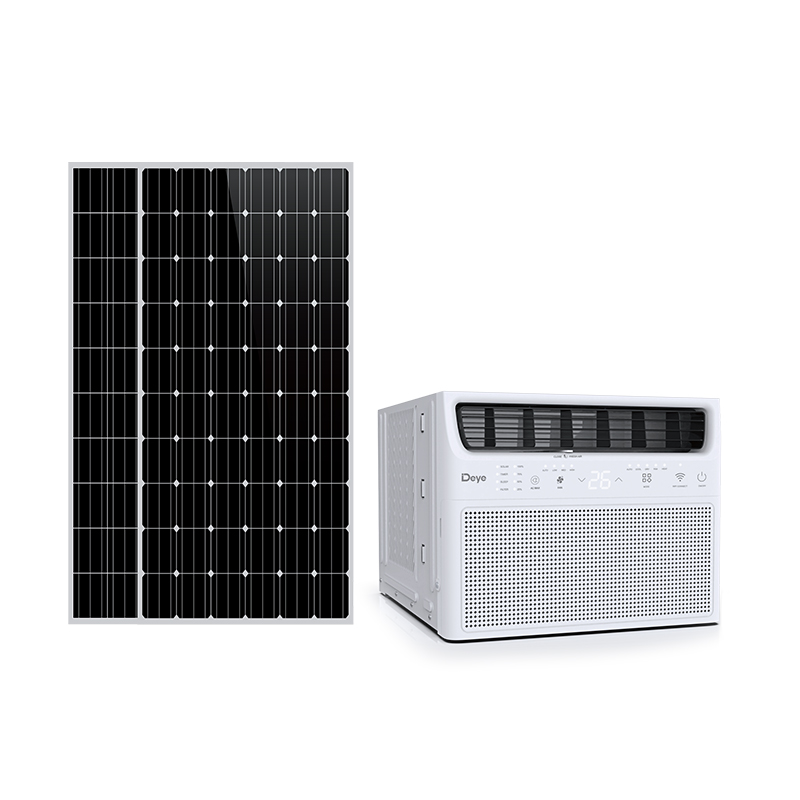


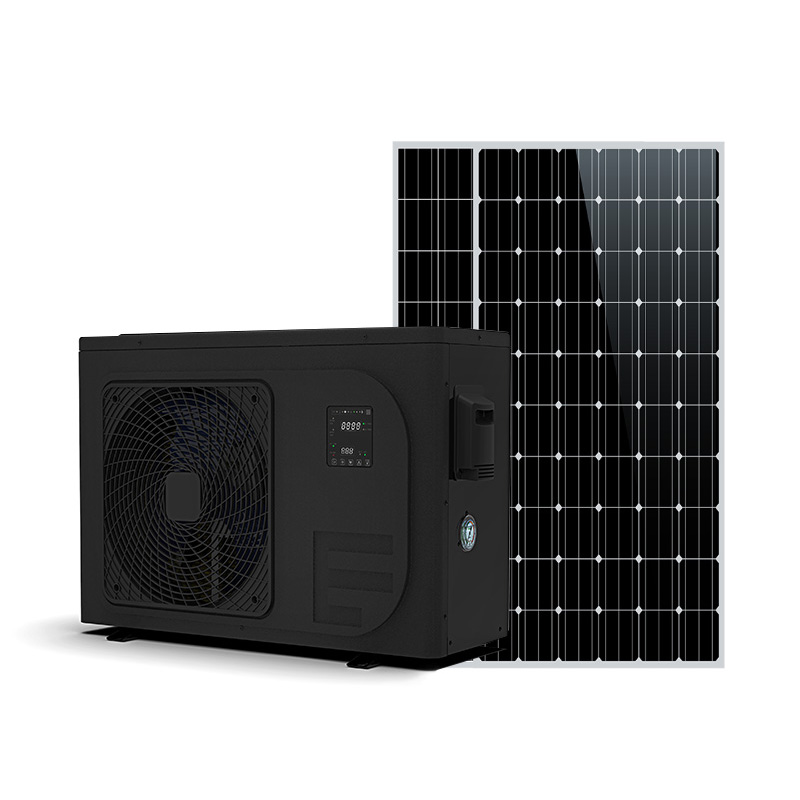
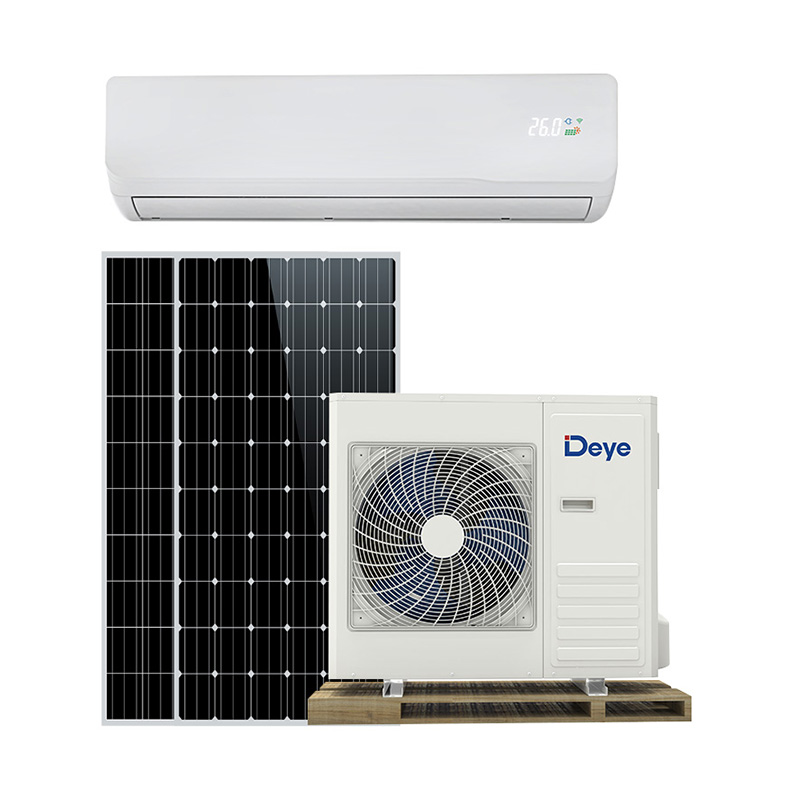
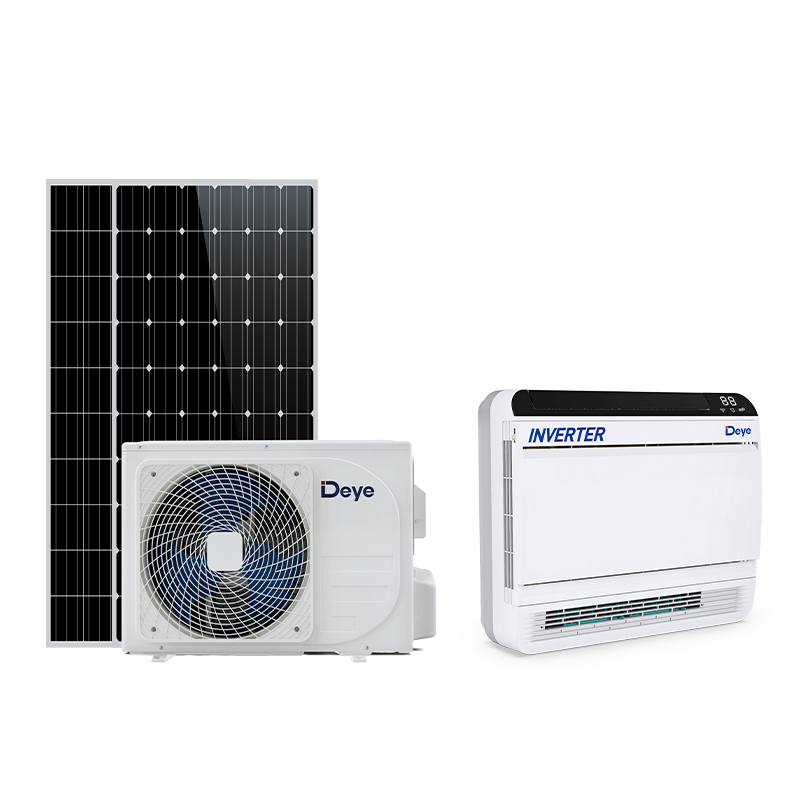




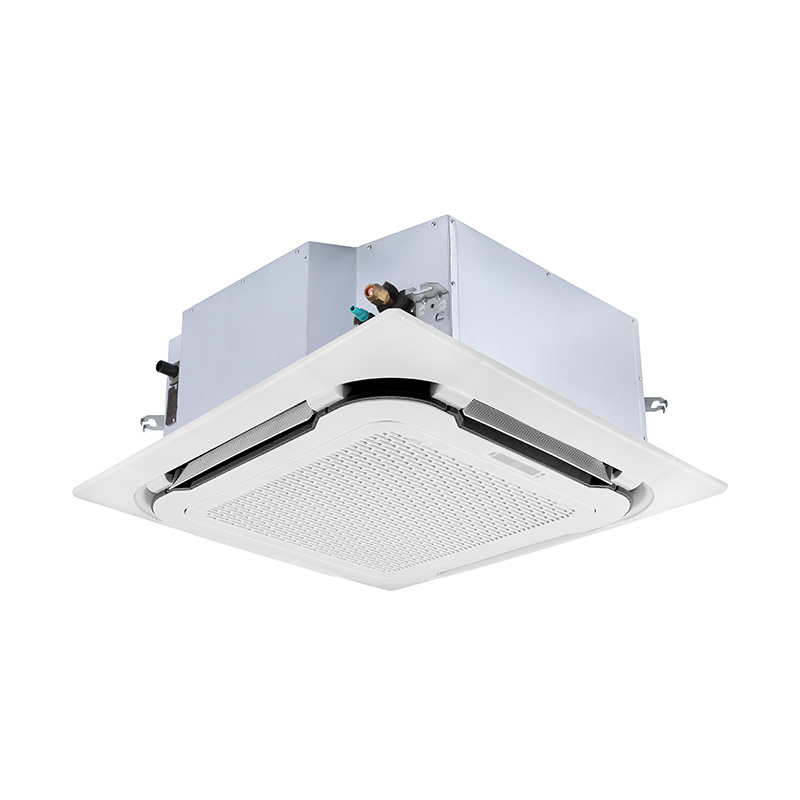
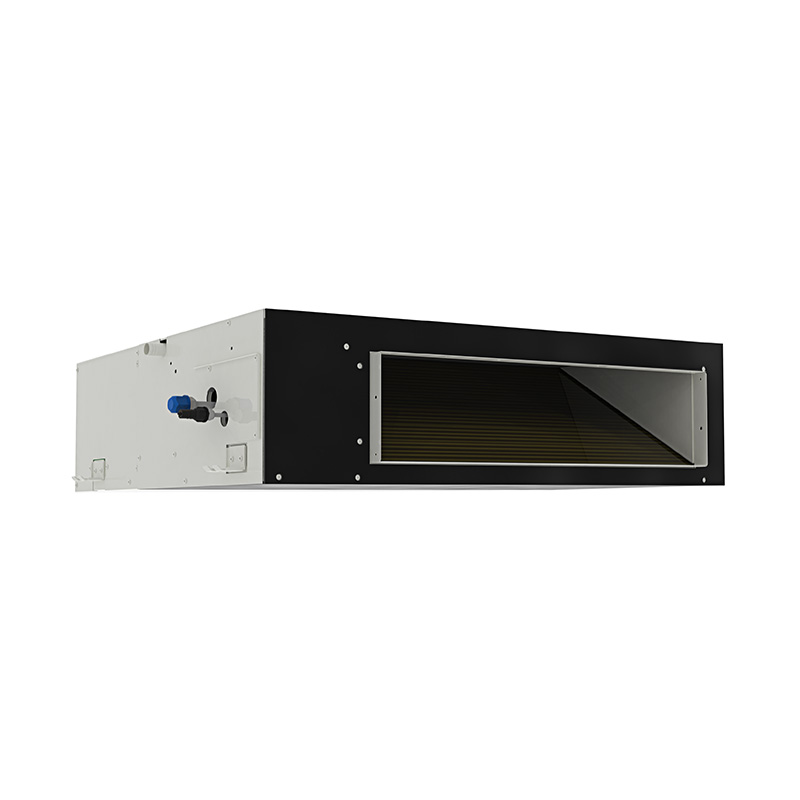
-1.jpg)

